Transforming Psyche
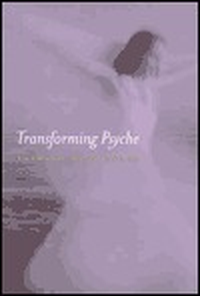
Summary
In Transforming Psyche Huber shows that the myth of Psyche and Eros can be interpreted to illuminate the experiences of twentieth-century women. In contrast to the portrayal of Psyche as indecisive and amorphous, Huber emphasizes those aspects of the tale that describe Psyche's connectedness - to her sisters, her own sexuality, her earth-bound experience and, ultimately, to the birthing of her child. Using the works of such writers as Emily Carr, Margaret Laurence, Gertrude Stein, and Virginia Woolf, Huber demonstrates that feminist theory and women's autobiography mirror the insights uncovered in her retelling of the Psyche story.
Similar Books
-
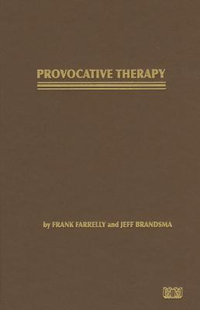 Provocative Therapy
Provocative Therapyby Frank Farrelly
-
 Windows
Windowsby Jean-Bertrand Pontalis
-
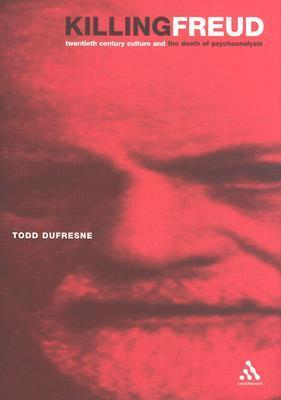
-
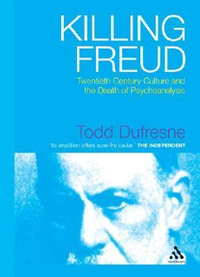
-
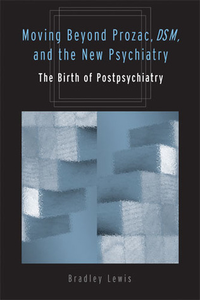
-
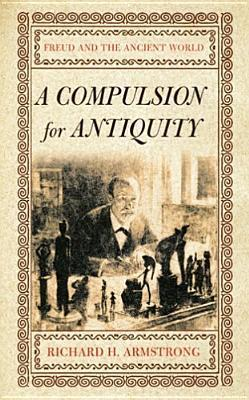 A Compulsion for Antiquity: Freud and the Ancient World
A Compulsion for Antiquity: Freud and the Ancient Worldby Richard H. Armstrong
-
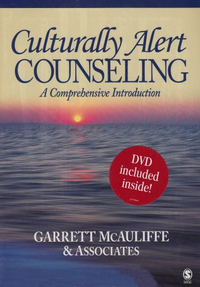 Culturally Alert Counseling: A Comprehensive Introduction
Culturally Alert Counseling: A Comprehensive Introductionby Garrett McAuliffe
-
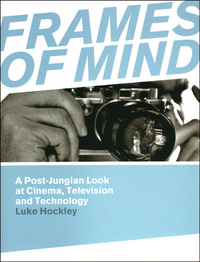
-
 Music, Archetype, and the Writer: A Jungian View
Music, Archetype, and the Writer: A Jungian Viewby Bettina L. Knapp
-
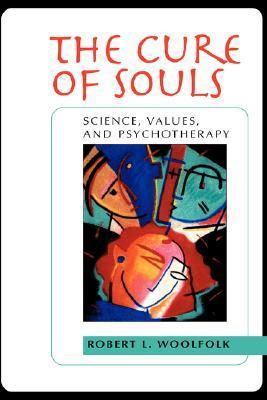 The Cure of Souls: Science, Values, and Psychotherapy
The Cure of Souls: Science, Values, and Psychotherapyby Robert L. Woolfolk
-
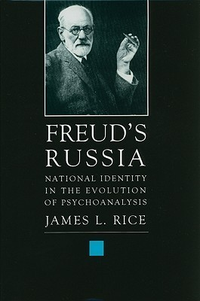 Freud's Russia: National Identity in the Evolution of Psychoanalysis
Freud's Russia: National Identity in the Evolution of Psychoanalysisby James L. Rice
-
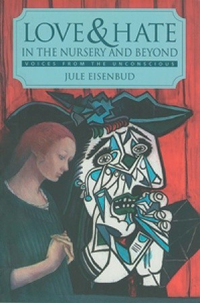 Love and Hate in the Nursery and Beyond: Voices from the Unconscious
Love and Hate in the Nursery and Beyond: Voices from the Unconsciousby Jule Eisenbud
-
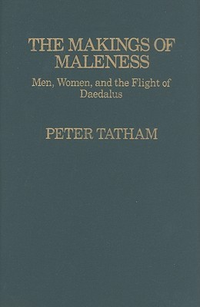 The Makings of Maleness: Men, Women, and the Flight of Daedalus
The Makings of Maleness: Men, Women, and the Flight of Daedalusby Peter Tatham
-

-
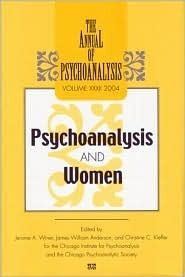 The Annual of Psychoanalysis, V. 32: Psychoanalysis and Women
The Annual of Psychoanalysis, V. 32: Psychoanalysis and Womenby Jerome A. Winer
-
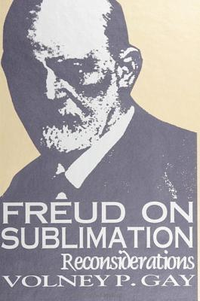 Freud on Sublimation: Reconsiderations
Freud on Sublimation: Reconsiderationsby Volney P. Gay
-
 The Unconscious in Proust's a la Recherche Du Temps Perdu
The Unconscious in Proust's a la Recherche Du Temps Perduby Robin Mackenzie
-
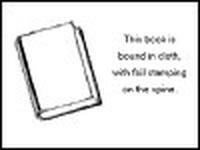 From Fragmentation to Wholeness: The Black South African Family Under Seige
From Fragmentation to Wholeness: The Black South African Family Under Seigeby Keith U.C. Appolis